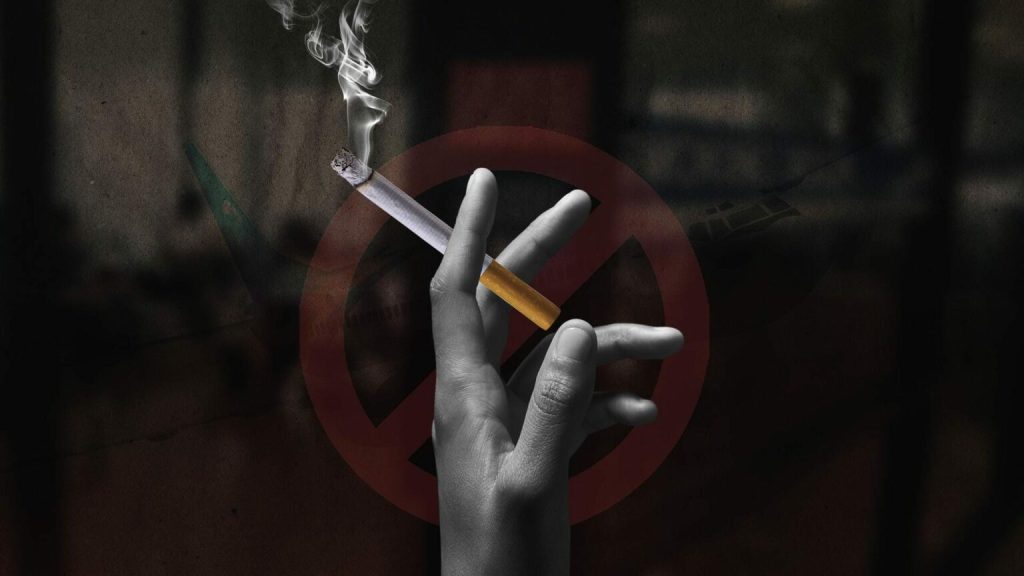SYLLABUS:
GS-2: Important aspects of governance; Issues relating to development and management of Social Sector/Services relating to Health, Human Resources.
Context:
Recently, the Maldives has become the first country in the world to impose a “generational” ban on smoking, preventing individuals born on or after January 1, 2007 from purchasing, using or selling tobacco in all its forms.
More on the New
- The ban took effect on November 1, 2025 through the Second Amendment to the Tobacco Control Act.International bodies such as WHO and UNICEF have praised the step as a model for youth-focused tobacco control.
- The government is also planning cessation clinics and awareness drives to support existing smokers and youth health campaigns.
- The nation also maintains a comprehensive ban on the import, sale, distribution, possession, and use of electronic cigarettes and vaping products, applicable to all individuals regardless of age.
Key Highlights of the Legislation
- The law prohibits the purchase, use, and sale of all tobacco products by individuals born in or after 2007.
- Additionally, individuals under the age of 21 are barred from participating in any tobacco-related sales or commercial activities, further shielding young people from tobacco exposure.
- The ban applies equally to citizens, residents, migrant workers, as well as tourists across all 1,191 Maldivian islands.
- Retailers face fines up to 50,000 Maldivian rufiyaa for selling tobacco to banned age groups.
- All forms of tobacco advertising, sponsorship, and promotional activities are banned under the amended law.
- Enforcement includes strict age-verification rules using national ID systems.
Significance of the Tobacco Ban
- The policy creates the world’s first legally defined tobacco-free generation.
- It addresses high youth smoking prevalence in the Maldives, especially among 13 to 15year-olds.It supports national efforts to curb non-communicable diseases linked to tobacco use.
- It aligns with the WHO Framework Convention on Tobacco Control and global endgame strategies.
- It demonstrates a preventive rather than curative approach to public health policy.
- It shifts policy focus from taxation-based tobacco control to complete supply-side elimination.


